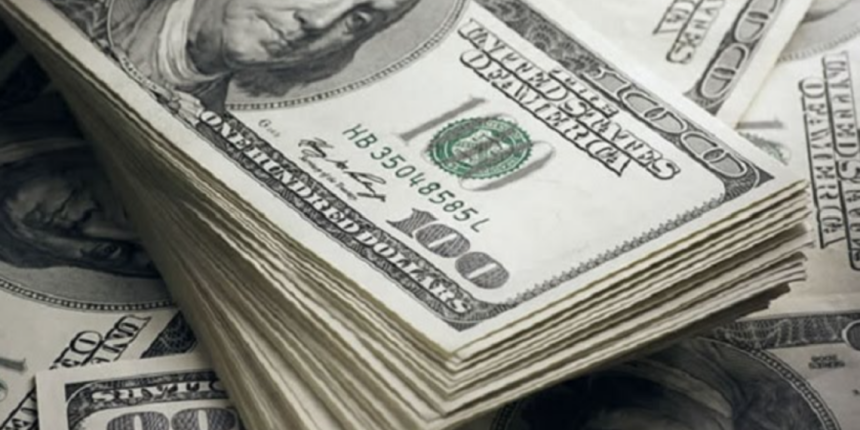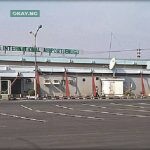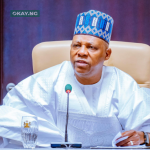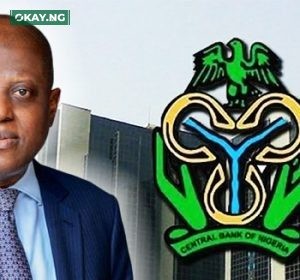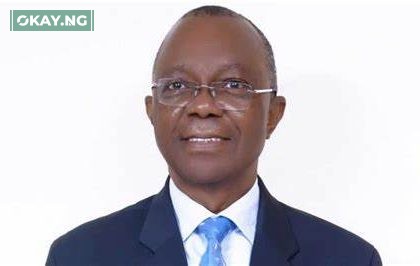Nigeria’s allure for international investors appears to be waning, as capital inflow into the nation plummeted to $1.63 billion in November 2024, a noticeable 13.8% decrease from the $1.89 billion recorded in October. This concerning trend, revealed in the Central Bank of Nigeria’s (CBN) Economic Report for November 2024, paints a picture of growing investor hesitancy towards the Nigerian market.
The CBN report clearly outlines the downward trend: “Capital inflow declined to US$1.63 billion in November 2024, from US$1.89 billion in October 2024. A breakdown showed that portfolio investment inflow decreased to US$1.36 billion from US$1.41 billion due, mainly, to lower purchases of equity and shares. Similarly, foreign direct investment decreased to US$0.12 billion from US$0.18 billion in October 2024. ‘Other investments,’ mainly loans, also decreased to US$0.15 billion from US$0.30 billion in the preceding month.”
I’ve observed over the past five years how crucial foreign investment is for a nation’s economic health. This recent decline raises some red flags. The numbers themselves tell a story of dwindling confidence: Portfolio investment, the lifeblood of the stock market, shrank to $1.36 billion. Even more alarming is the significant drop in Foreign Direct Investment (FDI), which signifies long-term commitment to a nation’s economy, falling to a meagre $0.12 billion. This suggests that investors are becoming increasingly wary of establishing or expanding operations within Nigeria. “Other investments,” primarily loans, also saw a substantial reduction, dropping by half to $0.15 billion.
Several factors contribute to this unsettling development. Firstly, the CBN’s monetary policies, particularly regarding foreign exchange and interest rates, are creating an environment of uncertainty for investors. The volatility of the Naira, Nigeria’s currency, adds another layer of risk, making it difficult for investors to accurately project their returns. Globally, high interest rates in developed economies are luring investors away from emerging markets like Nigeria, offering seemingly safer havens for their capital. And, unfortunately, the persistent security and political challenges within Nigeria continue to dampen investor enthusiasm.
Read Also: Nigeria Faces Foreign Investment Drought Amidst Negative Real Interest Rates
From a human perspective, this decline in investment has real-world consequences. Fewer foreign investments translate to fewer jobs, slower infrastructure development, and a potential strain on government resources. It’s a ripple effect that touches the lives of everyday Nigerians. We need to address the root causes of this decline to restore investor confidence and unlock Nigeria’s vast economic potential. This requires a concerted effort to stabilize the Naira, create a more predictable regulatory environment, and address the security concerns that are plaguing the nation. The future prosperity of Nigeria depends on it.


